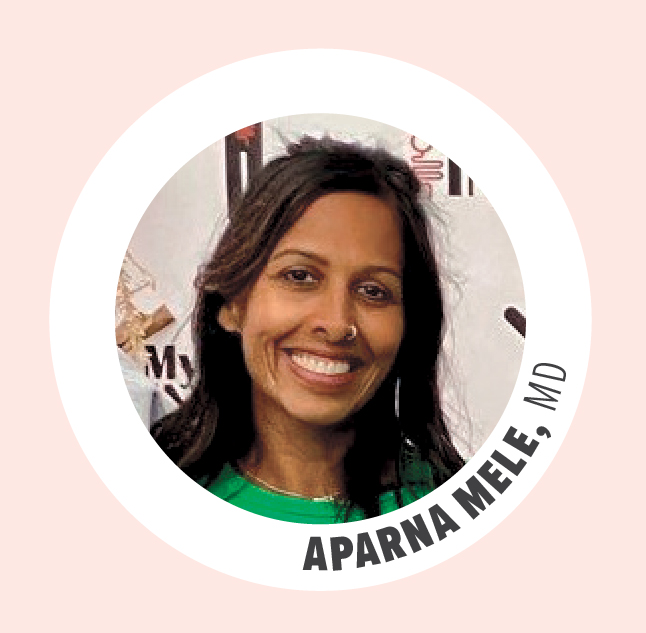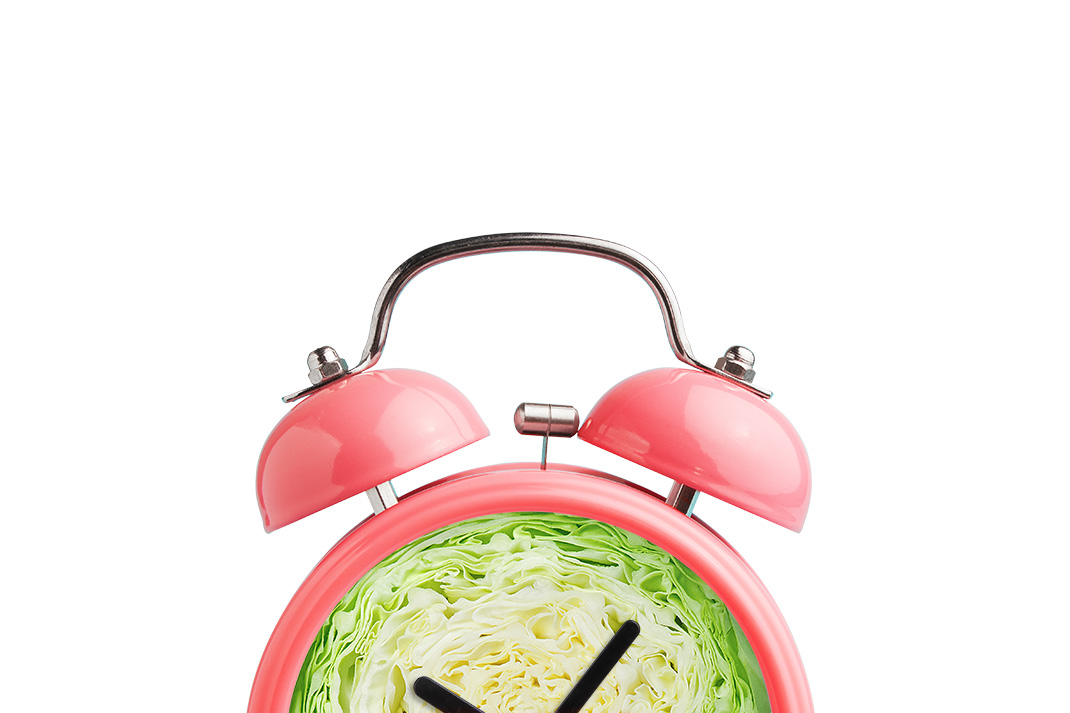
"Our guts are the foundation of our health,” says Aparna Mele, MD, Gastroenterologist with Digestive Disease Associates in Wyomissing. Passionate about this topic, we talked to Dr. Mele about strategies to promote a healthy gut and how her nonprofit’s annual Guts and Glory Expo offers visitors a fun, interactive learning experience.
“Our gut bacteria are the BFFs that we didn’t even know we had,” says Dr. Mele. Inside our digestive tracts, “100 trillion species of bacteria are living within, constituting 75 percent of our immune system,” says Dr. Mele. “They aid in the digestion of the foods you eat, absorbing nutrients and using them to fuel and maintain your body.” She notes that gut health can have an impact on the whole body. “Gut balance also has a profound effect on the brain, as more than 90 percent of the serotonin, the hormone that makes us feel happy, is produced in the gut.”
This brain-gut connection is also the source of food cravings. “Psychological stress can negatively affect gut health, causing inflammation and emotional eating.” For optimal gut health, Dr. Mele says, “Eat a variety of fiber-rich foods (like fruits, vegetables, oats, beans, moderately lean meats, fish, eggs, protein and dairy).” She also recommends avoiding saturated fats and limiting alcohol.

Give It Some Time.
Dr. Mele also advises taking your time when you eat. “Give quality time for meals; eat slowly to allow more efficient digestion.” She recommends eating small meals during the day and not skipping meals. “Regular meals maintain blood sugar levels, prevent sugar cravings and control hunger.” Besides drinking plenty of liquids, Dr. Mele advises eating a rainbow of at least five fruits and vegetables daily, since they are packed with vitamins, minerals and fiber. “Eat prebiotics in foods, which feed our friendly gut bacteria and build immunity such as leeks, bananas, onions and beans.” She also suggests focusing on whole grains for fiber, vitamins and antioxidants. “Pre and probiotics help our healthy gut bacteria populations in different ways,” notes Dr. Mele.
Probiotics are live microorganisms, while prebiotics are food for these hard-working bacteria. She recommends incorporating both into our diets. “Whenever possible, choose food over supplements to build up your gut army. Probiotics can be found in fermented foods such as yogurt, kombucha (fermented tea), tempeh (fermented soybeans) and sauerkraut (fermented cabbage). Prebiotics consist of fiber and can be found in fiber-rich foods such as fruits, vegetables and whole grains.” “The key to making healthy food taste good is to utilize ALL THE SENSES,” says Dr. Mele. Whether raw or cooked, keep foods their original color. For an amazing aroma, use aromatic herbs and seasonings. In addition, try combining foods to maximize nutrients and antioxidants. Examples include, “vitamin C and plant-based iron (lemon juice in a spinach salad, apples and lentils), complementary proteins (black beans and rice), and tomatoes and olive oil.”

Beyond Food
Besides food, gut health is also impacted by other activities. Dr. Mele notes that diet allows beneficial gut bacteria to flourish, while exercising provides benefits like reducing stress, depression and anxiety while releasing feel-good endorphins. Prioritizing sleep is also important. Too-little sleep leads to excess stress hormones, and allows food and toxins to pass into the bloodstream. “This then can lead to a host of issues including bloating, inflammation, stomach pains, food sensitivities and changes to the gut microbiome.” Hormones can signal sleep-deprived people to choose the quick energy of unhealthy processed carbs, sugar and trans fats. To help people pursue optimal wellness, Dr. Mele founded My Gut Instinct, a nonprofit with a mission “to collaboratively inspire and empower our community to embrace health and eat and live better for longevity, and increase awareness of preventable diseases that impact community health.”
The group has a wellness blog at mygutinstinct.org and is active on social media. In March, for Colorectal Cancer Awareness Month, they host the UNDY Ride 500, in partnership with Classic Harley-Davidson. “Most people don't know that colorectal cancer is the second deadliest cancer in the United States or that it's highly preventable,” says Dr. Mele. At the event, “anyone is invited to walk/run/do a ride (using any two wheelers) on the Harley riding course wearing their underwear (on top of your clothes, on your handlebars, on your head, whatever you wish!) to raise awareness of this important disease.”
Donations are also collected to benefit the Colorectal Cancer Alliance. Each year, the nonprofit also hosts a Guts and Glory Digestive and Wellness Expo. Their 10th annual expo will be held at Penn State Berks on Sept. 23, 2023. “Guts and Glory is a celebration festival showcasing the beauty of health and longevity not just within an individual, but also the health of a community and community relationships,” says Dr. Mele. Visitors can purchase fresh produce and taste local cuisine, watch fitness demonstrations, and enjoy music and dancing that showcases diverse Berks cultures. “We also host a large inflatable “Mega” Colon exhibit, which provides visitors with an interactive, educational experience of stepping through a large-scale model of the human colon that highlights common disease conditions.”
Many groups are represented at the event including wellness experts, first responders and organizations supporting animal welfare and environmental causes. “I like to think of it as a Festival of Happiness, and I am so grateful to Penn State Health St. Joseph for their loyal endorsement and sponsorship and to Greater Berks County for its receptivity and support. This community has helped keep our event thriving!”















